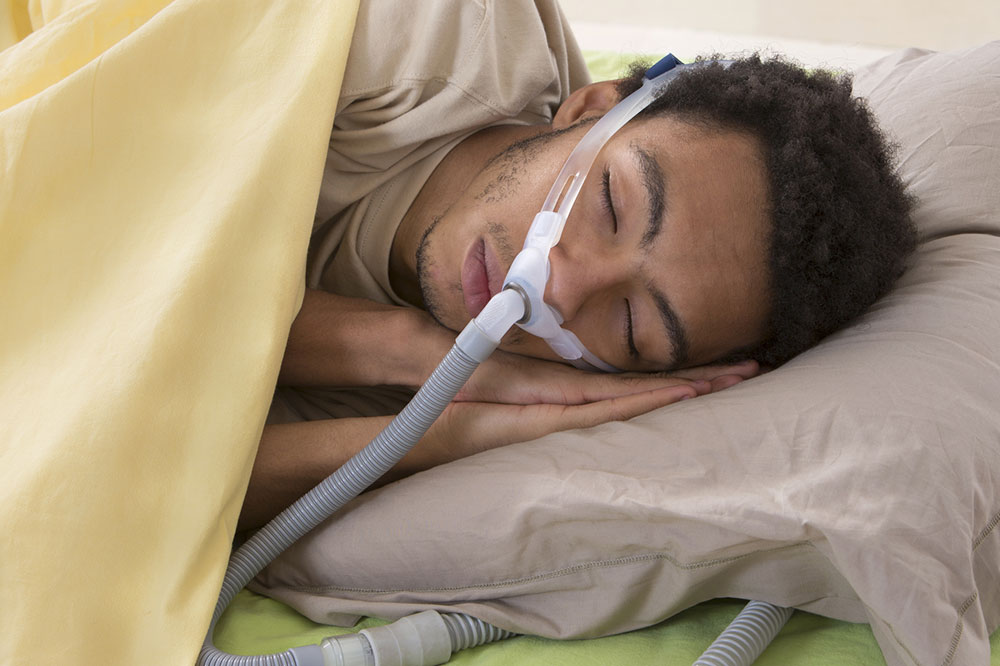
5 Signs That Indicate Sleep Apnea
Sound sleep gives the body the time to rest and repair, while also getting ready for another day. Quality sleep is necessary for optimal overall health and wellbeing, but sleep disorders can disrupt one’s sleep patterns. Sleep apnea is one such condition that makes peaceful sleep difficult, as patients repeatedly wake up at night gasping for air. The disorder causes interrupted breathing when one is asleep because the throat muscles relax too much and block the airway. It’s important to know about the signs and symptoms of sleep apnea to treat it early, so let’s look at some of them:
Loud snoring
Snoring is often ignored, but regular, loud snoring could be one of the obvious warning signs and symptoms of sleep apnea. The sleep disorder causes obstructions in the breathing patterns, which is why a person ends up breathing through the mouth sometimes, and through the nose at other times. These discrepancies compel them to snore loudly in sleep.
Excessive daytime sleeping
Often, one may feel excessively drowsy in the morning without a solid cause. Well, excessive daytime sleepiness or the tendency to fall asleep can be one of the primary signs and symptoms of sleep apnea. The body does not get enough rest because of disrupted sleep at night, which causes sleepiness the next day. In fact, many who suffer from this condition complain of bad headaches that make them feel even more exhausted and sleepy during the day.
Night sweats
Obstructive sleep apnea causes considerable difficulty breathing at a time when the body is supposed to rest. This strains the muscles and leads to unusual sweating when one is asleep at night. It is a very common sign of sleep apnea, but it is often misunderstood or ignored.
Waking up abruptly
Sleep apnea causes patients to wake up abruptly from sleep. This, again, is due to obstructions in the airways or the lungs. Not only does the person wake up abruptly, but the awakening will also be accompanied by gasping for breath or choking, which can be quite worrisome and painful.
Low libido
Decreased libido or unwillingness to engage in sexual activities is one of the common signs and symptoms of sleep apnea. This usually affects men. In spite of having sound sexual and reproductive health, one may lack interest in sexual activity because the repeated night-time waking inhibits the body’s inability to produce and process testosterone, which is partially responsible for libido in men.
Knowing about the signs and symptoms of sleep apnea helps facilitate early diagnosis of the condition, as it helps people know when to approach a doctor. It also enables timely treatment, which can help prevent heart problems and other complications.


